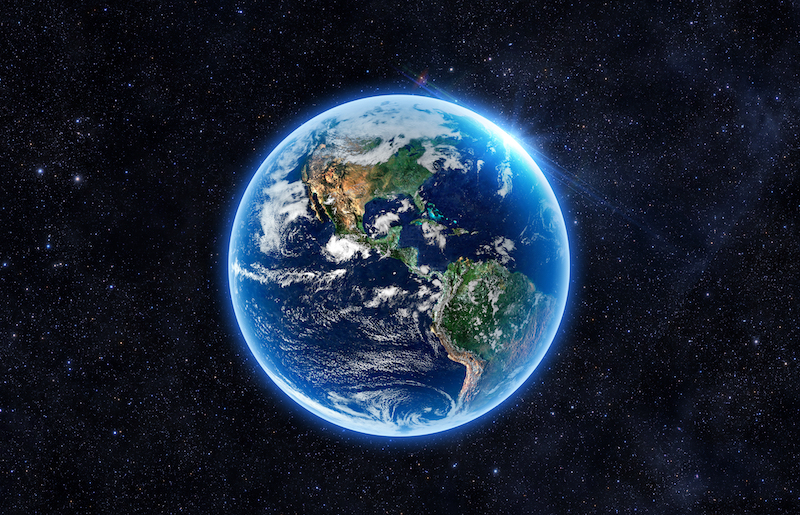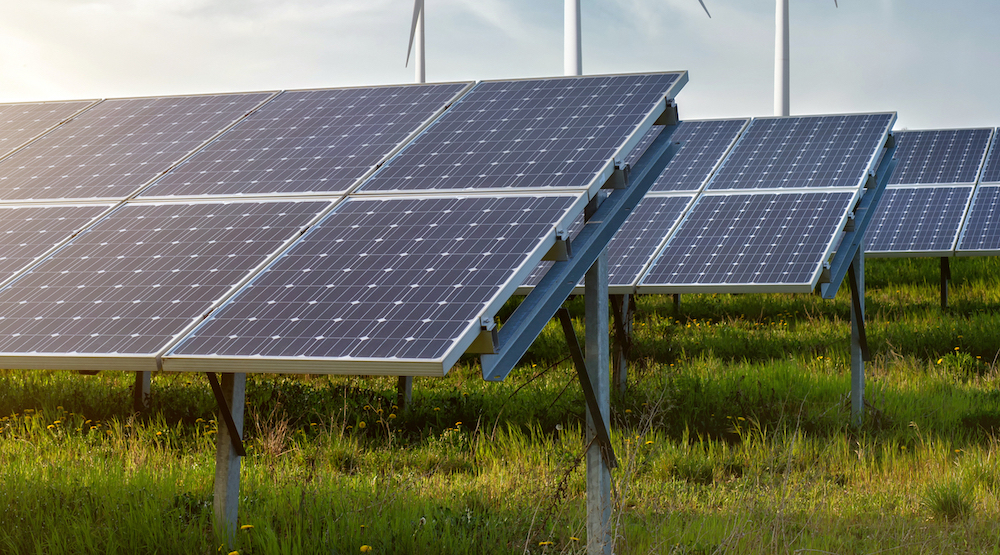Updated 1 year ago
The importance of global sustainability in 2025 and beyond
Written by
Ana Almerini

Find out what solar panels cost in your area
Global sustainability can be best understood by first understanding what sustainability means, as it refers to the environment and the extraction of its resources by humans. Sustainability at its most basic level is using only the necessary amount of material to avoid depletion of natural resources.
By doing so, this ensures that natural ecosystems continue to thrive without driving plants and animals to the point where they cannot function normally. Each part of the planet needs to thrive so that we as humans can too, making it a global effort. After all, we only exist because of the abundant biodiversity that provides food, water, and oxygen for us.
Global sustainability is ensuring that the entire planet is working in conjunction with nature. For instance, cutting down trees in the Amazon rainforest does not just alter an ecosystem in Brazil. Because trees in the Amazon pull CO2 from the atmosphere, maintain global temperatures, and help regulate weather patterns in South America, they, in fact, control the climate of the entire planet.
So while it might seem that each country can do whatever they want when it comes to their natural resources like trees, water, and animals, thinking on a global scale is actually a better way to ensure all future generations can prosper.
Why is global sustainability important?
If we have learned anything from the COVID-19 pandemic, it’s that the globe is interconnected. No corner of the planet exists on its own and the same is true for sustainability. Protecting natural resources on one side of the globe helps maintain the planet for future generations everywhere.
Climate change is stretching many ecosystems and natural resources to their limit by causing unusual climate patterns to emerge. Issues range from plants migrating north which affects forest ecosystems, to more severe droughts which reduce available water for habitats (and for peoples’ consumption).
To help facilitate this, the United Nations has enacted 17 Sustainable Development goals. Their aim is to help guide decision-makers, like government bodies, towards goals that will benefit the planet by alleviating poverty, mitigating climate change, and improving equality.
While many of the goals focus on environmental factors like Climate Action, Life Below Water, and Life on Land, others like Affordable and Clean Energy and Decent Work and Economic Growth are focused more on economic development. The key to global sustainability is making sure that reaching goals like economic growth is done in a way that does not deplete the natural resources of the world.
How does solar fit into the Sustainable Development Goals?

Solar panels are becoming a key renewable power source for the globe.
Solar panels will be a huge part of making clean energy a reality for the world. They are an excellent renewable energy option because they are cheaper and cleaner than fossil fuels, easy to maintain, and can be installed on the utility-scale or on a single-family home.
While solar is a hefty financial commitment for many homeowners, it ends up being a good financial investment because it saves you money on your electric bills, increases your home value, and shields you from energy price increases.
For people who do not own their home, options like community solar are becoming more viable. Globally, many developing countries are skipping over large-scale grids altogether and are instead installing solar panels on homes to create local microgrids.
Solar solves a few issues at once; it provides clean energy equitably, it provides local installation and maintenance jobs, delivers on climate action, and in developing countries, it helps broaden access to everything that is now made possible by having access to electricity.
Fighting the good fight: solar vs. fossil fuels
Some solar critics argue that the mining for the raw materials that are in solar panels and the few options for responsibly recycling panels after their lifetime outweigh the benefits of solar energy.
But measuring the risk of alternatives like fossil fuels is an important distinction. Fossil fuels pollute the environment throughout their entire lifecycle, from digging them up to transporting them to burning them for fuel. Their use does not fit within the global sustainability goals because they threaten our very existence as one of the root causes of climate change.
Additionally, because solar panels have only just become more popular, recycling their materials was never really necessary because there were so few to recycle. But now that there are more in use, determining how to recycle them is being researched so that by the time solar panels are out of commission, they can be responsibly disposed of.
Renewable energy in all forms will help reduce the impacts of climate change by powering our world without carbon emissions, and solar panels are a key way to meet the global sustainable development goals by providing clean power.
Ana is the Marketing & Communications Manager at SolarReviews, working within the solar industry since 2020. With a Master's in Climate and Society and professional experience in marketing, she helps communicate the value of solar to homeowners and build awareness of the SolarReviews brand. On weekends you can find her at the Jersey shore, reading a book from the ever-increasing stack on her side table, or eating food someone else cooked....
Learn more about Ana Almerini